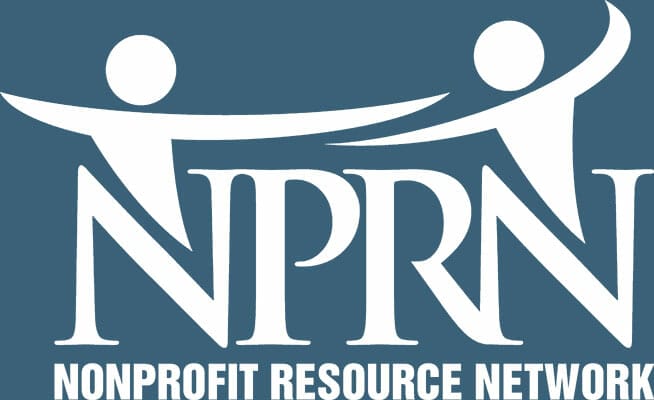This Valentine’s Day, you can give your partner the gift of communication. Show that special someone how much you care by taking the time to focus on these eight easy traits of positive communication. Being a better communicator will make you a better partner. Being a better partner will make for a healthier, happier home.
- Show your partner that you’re listening—It’s not always clear if someone is listening to what you’re saying. Take a moment to make direct eye contact, nod your head in response to their statements, and be sure they know that you are fully invested in them and their thoughts and feelings.
- Let your partner finish their thought—It can be easy to interrupt your partner when you have something relevant to say, but fight the urge to cut them off and allow them to finish their thought. This will show them that you are interested in what they have to say.
- Don’t get distracted, or walk away—Your phone beeps in your pocket, the dog barks, you remember a snack in the fridge, a million things could happen while your partner is talking. But stay put and let your partner know that they are the only thing you see in that moment, even if you feel distracted in the background. Make your partner your priority.
- Acknowledge what your partner says, even if you don’t agree with it—It’s not always easy to put your own thoughts and opinions aside, but allow your partner to speak their mind, and accept them for how they feel in the moment. It will mean a lot in the long run.
- Seek first to understand, then repeat back what you think you heard—Sometimes we misunderstand our partner, and don’t take the time to fix the mistake. Go slow, repeat back what you heard, and try to make sure you understand your partners intentions and feelings before responding. Misunderstanding can easily lead to arguments, and slow and mindful processing of your partner can avoid these types of conflicts.
- Don’t “kitchen sink” it—In other words, when you are talking about something difficult, don’t throw all of your problems in at the same time. Focus on one topic at a time, and be sure that you have thoroughly discussed that topic before moving on to another problem that could cause conflict.
- Don’t keep score—When we keep track of all the times our partner didn’t do something or did it wrong, everyone loses. Allow for your partner to apologize, set a clean slate, and move forward from mistakes or forgetfulness. Give forgiveness to these small mistakes in the same way that we all need forgiveness for our own.
- Set aside a specific time to talk through hard things—Being able to trust that you and your partner can work through difficult subjects is a fundamental part of having a good relationship but all too often we are busy and life gets in the way. Even if you don’t want to, it’s important to take the time to have the tough conversations that will make your relationship better.
Family Service Agency offers a free ten-week program that provides healthy relationship tools to couples in a committed relationship, or individuals looking for ways to improve their relationships. The Connected Couples, Connected Families program teaches concrete skills to help participants develop more enriching interactions with the people they care about most.
To learn more visit FSAcares.org/relationships.
Family Service Agency of Santa Barbara County (FSA) is a nonprofit social service agency that has served the people of Santa Barbara County since 1899. Operating as Santa Maria Valley Youth and Family Center (SMVYFC) in Santa Maria and Little House By The Park (LHP) in Guadalupe, FSA helps the community’s most vulnerable children, families, and seniors meet their basic needs while simultaneously addressing mental health needs. Through this holistic approach, FSA improves the strength and well-being of our community. All services are provided free or on a sliding fee/donation scale and no one is denied assistance because of an inability to pay. Visit fsacares.org or call (805) 965-1001 for more information.


Leave a Response